What Does Vegan Mean?
A vegan diet is defined as ”a plant-based diet avoiding all animal foods such as meat (including fish, shellfish and insects), dairy, eggs and honey”.
The number of people following a vegan diet is rising year on year, in Great Britain 3.6% and in Ireland 4.1% of the population are following a vegan diet. Although veganism may have initially emerged as an animal rights movement, people are now turning to a vegan diet for health and sustainability reasons. For example Deliveroo has seen a 126% increase in vegan orders this year, but remember –a vegan diet does not necessarily mean a healthy diet.
The Vegan Eatwell Guide was developed to ensure those following a vegan diet meet nutritional needs through a healthy balanced diet consisting of wholegrains, fruit and vegetables, plant proteins, calcium-rich or fortified foods and unsaturated fats. It identifies the key nutrients that need particular attention:
•Vitamin D–Daily 10mcg D3 (from lichen) or D2 supplement
•B12–Daily 10mcg or weekly 2000mcg supplement, or 2x fortified foods daily (3mcg)
•Iodine–Daily 500ml iodine fortified plant milk or 140mcg supplement
•Selenium–Daily supplement of 60mcg (men) or 75mcg (women), or 2x brazil nuts/day
•Omega 3–Chia seeds, hemp seeds, linseeds, walnuts or a microalgae supplement
Where do vegans get their protein from?
Protein is needed for muscle growth and repair. Protein requirements vary with age, physical activity level and health status. Plant proteins are rich in fibre and low in saturated fat, which can have lots of benefits on health, including a reduced risk of developing certain cancers, diabetes, heart disease and obesity.
The list below shows some plant-based protein sources:
Firm Tofu (100guncooked): 100 kcal, 10g protein
Red Lentils (80gcooked): 80 kcal, 6g protein
Chickpeas (120gcanned): 140 kcal, 8g protein
Kidney beans (120gcanned): 130 kcal, 9g protein
Peanut butter (25g): 157 kcal, 6g protein
Cashew Nuts (25g): 145 kcal, 5g protein
Wild Rice (60g uncooked): 245 kcal, 8g
Quinoa (80g cooked): 113 kcal, 3.5g protein
A growing plant-based market can increase temptation to opt for convenience foods, such as meat substitutes e.g. vegan burgers and sausages, that have a familiar resemblance to animal proteins, without considering the nutritional impact on health. However, plant-based meat substitutions often contain higher sodium levels than animal proteins, which may counteract the health benefits of a plant-based diet. Therefore, as with any diet, recommendations to limit processed foods with added sugar, fat or salt still stands, opting for more whole foods such as lentils, beans, pulses and nuts.
With a growing vegan population, it is more important than ever for resources and dietary guidance in this area to reduce health inequalities. A carefully planned vegan diet can support all dietary needs, and as with most diets, whole foods should be prioritised with an emphasis on limiting processed foods. For recipes incorporating these values check out this month’s recipe cards or visit the vegan society recipe page for some inspiration.

